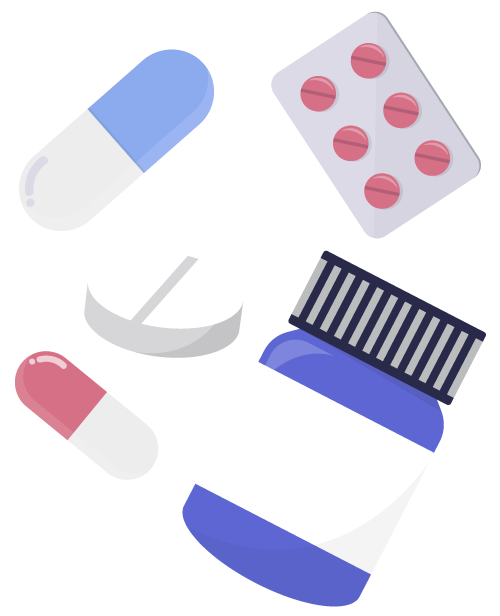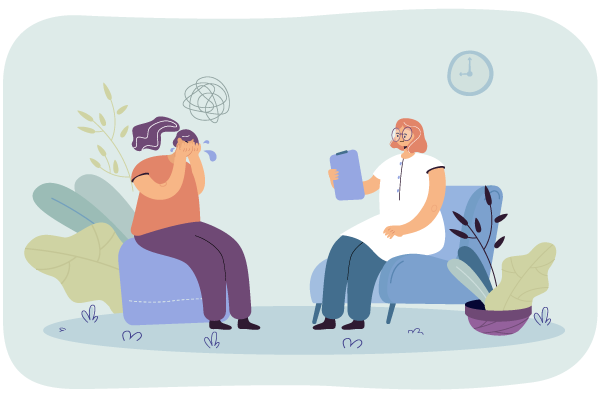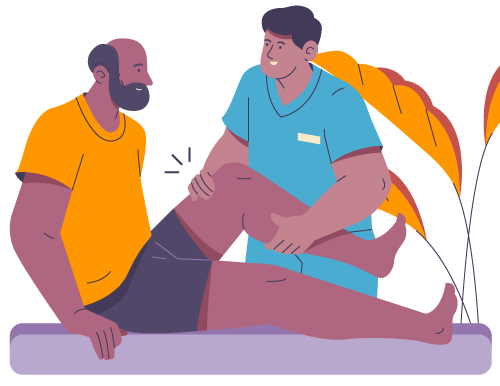Chronic pain is pain that lasts for over 3 months and the pain is either there all the time, or it comes and goes. The World Health Organization now recognizes that chronic pain as a disease and not just a symptom of something else. According to Health Canada, nearly 8 million Canadians live with chronic pain.
What is Defined as Chronic Pain?
Both Health Canada and the Cleveland Clinic define chronic pain in the following terms:
- Arthritis or other joint pain
- Back and/or neck pain
- Headaches including migraines
- Testicular pain
- Pain in existing scar tissue
- Overall muscle pain such as fibromyalgia or
- Pain from nervous system damage.
Sometimes, it can be secondary to another cause of pain such as cancer or post-surgical pain.
Chronic pain can interfere with daily activities, such as working, a social life and caring for yourself or others. It can lead to other physical and/or mental problems, which can make the pain worse. However, pain is unique and personal and influenced by many different factors.
Social barriers
Because it is invisible, people who do not suffer from any type of chronic pain generally do not understand the problem and may treat it as though it is “in someone’s mind”. This can lead to the person in pain withdrawing from social situations or having problems at work.
Treatments and therapies
It is recommended by well-known medical sources such as the Cleveland Clinic and the Mayo Clinic that people with chronic pain should speak with a health provider to discover the cause of their pain prior to the development of a treatment plan. They also suggest that treatments and therapies should work together to reach the ultimate goal of pain relief.
Types of Treatments

Medications and Drugs
Certain medications and drugs can help combat chronic pain. They include:
- nonsteroidal anti-inflammatory drugs (NSAIDS) such as Naproxen
- acetaminophen such as Tylenol
- cannabinoids or cannabis and cannabis related products
- opioids such as oxycodone, morphine, codeine or fentanyl
- anticonvulsants
- antidepressants
- muscle relaxants
There may be side effects to long term and/or high dose use such as liver damage from acetaminophen, stomach problems (nausea, ulcers and bleeding) from NSAIDS and addiction and overdose from antidepressants, cannabinoids and opioids which is why health experts warn that all medications should be administered by a doctor with regular consultations about use.

Psychological Treatments
These are treatments that aim to change thoughts, emotions, or behaviours. The Cleveland Clinic suggests the following on their website section on chronic pain with explanations of what they are and how they can help.
- cognitive behavioural therapy
- acceptance and commitment therapy
- support groups
- education sessions
- individual and group psychotherapy
- mindfulness-based interventions
- problem adaptation therapy for pain (PATH)

Physical and Rehabilitation Treatments
These types of actions allow people to stay healthy and active, even with chronic pain function. This includes exercise, movement, and physical activity, to create a fitness plan that suits your condition and age such as chair yoga, rather than regular yoga. Tai chi is also recommended by medical experts and therapists.
There are also therapeutic activities administered by a health professional, such as a chiropractor, and include spinal manipulation, acupuncture, massage or physical therapy, or osteopathic treatment.
Finally, there are personal, non-medical activities that focus on how to cope with pain such as meditation, support groups, relaxation and breathing exercises and life skills programs.







